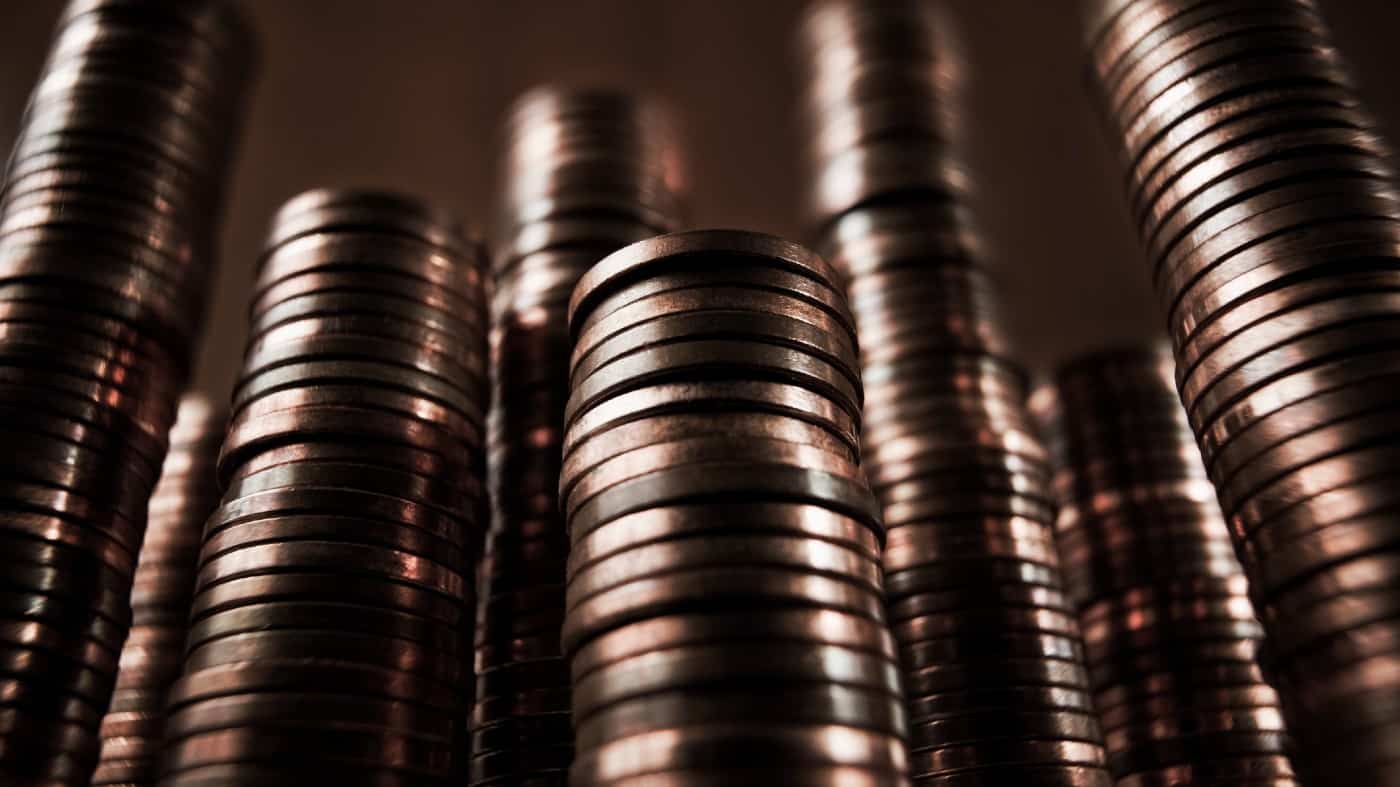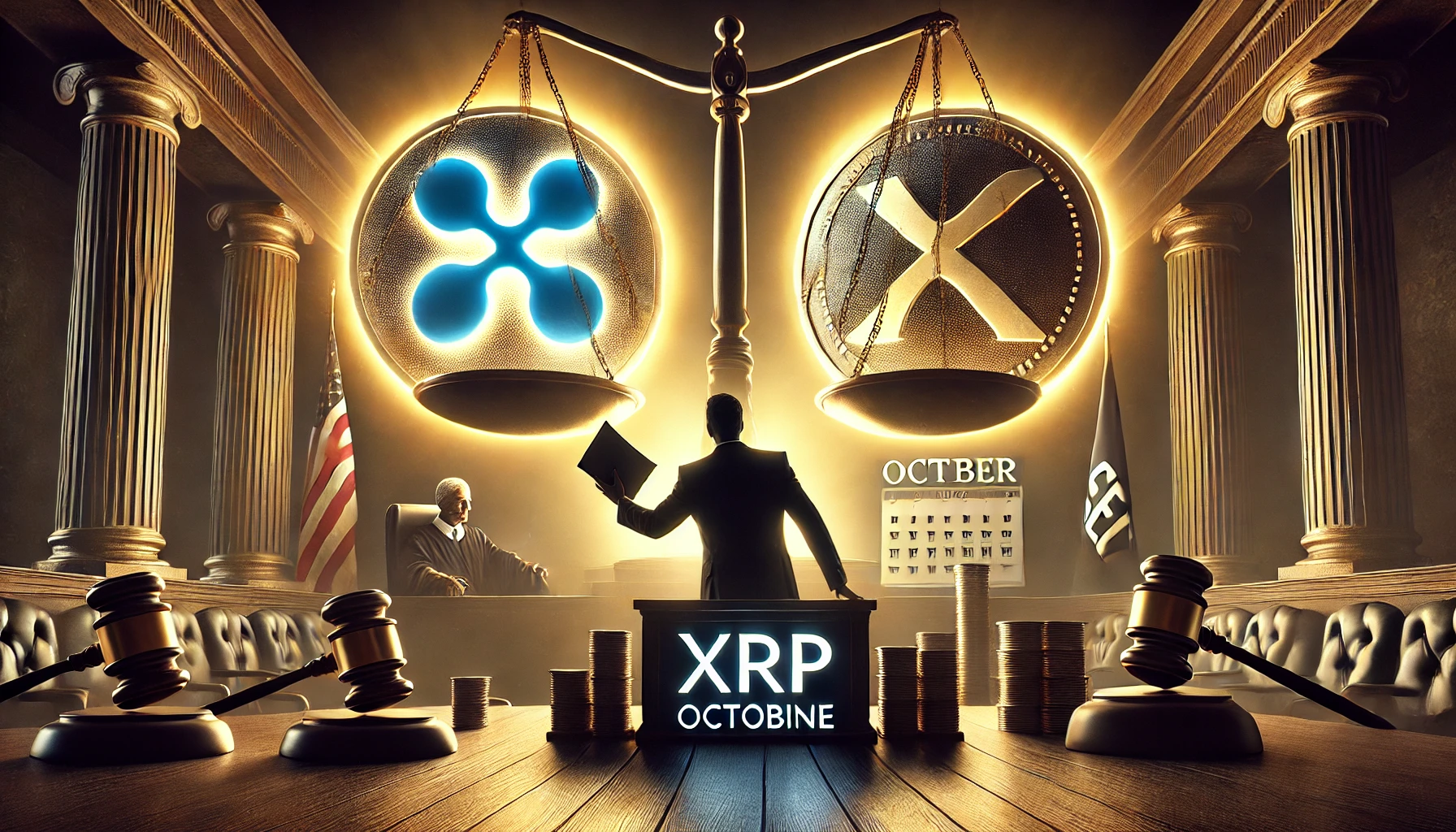Unlock the Editor’s Digest for free
Roula Khalaf, Editor of the FT, selects her favourite stories in this weekly newsletter.
The US Supreme Court on Monday turned away Elon Musk’s appeal over a settlement with the federal securities regulator that required him to seek approval before commenting publicly on Tesla.
The justices’ refusal to hear the case means that one of the world’s richest people must have a Tesla lawyer vet his posts about the auto maker on X, the social media platform formerly known as Twitter that he bought in 2022 and later renamed.
The case dates back to 2018 when the billionaire — who runs the electric-car maker Tesla — shook Wall Street with a tweet declaring: “Am considering taking Tesla private at $420. Funding secured.”
The deal did not materialise, and the US Securities and Exchange Commission accused Musk of securities fraud.
Musk strongly pushed back against the case at first but ultimately bowed to the agency and agreed a settlement in which he stepped down as Tesla’s chair for three years. Musk and Tesla also each paid $20mn in fines.
Another part of the initial 2018 agreement required Musk not to comment publicly about anything “material” to Tesla shareholders without prior approval from a company lawyer. That guideline was amended in 2019 to lay out a detailed list of proscribed subjects, including any information about the company’s financial condition, potential mergers and acquisitions and production details.
Musk in December petitioned the highest US court to review a lower-court ruling that rejected his claims that the SEC provision violated the constitution’s First Amendment.
In his brief to the Supreme Court, the Tesla boss argued that the SEC’s parameters were at odds with a legal doctrine that “serves to prevent the government from coercing from a party what the government could not otherwise legally obtain”. Musk argued the range of topics covered in the agreement “extends beyond the statements that the SEC had alleged in the settled 2018 action violated the securities laws”.
Musk urged the court to take up what he described as “a question of exceptional importance — whether the government can insulate its demands that settling defendants waive constitutional rights from judicial scrutiny”.
The SEC and a lawyer representing Musk did not immediately respond to a request for comment on Monday’s move.
But the SEC has stressed in court filings that Musk had voluntarily agreed “to obtain approval from Tesla’s lawyers before tweeting about certain Tesla-related topics” as part of the settlement. He had therefore “forfeited” the claim that the SEC’s conditions were unconstitutional.
Musk and the SEC have had a fraught relationship for years. Even after the settlement, Musk has frequently taunted the agency on X, and called the SEC the “short seller Enrichment Commission” days after settling with the regulator. The agency is also probing whether Musk’s purchases of Twitter stock violated US securities laws.
Additional reporting by Tim Bradshaw in London
Credit: Source link














